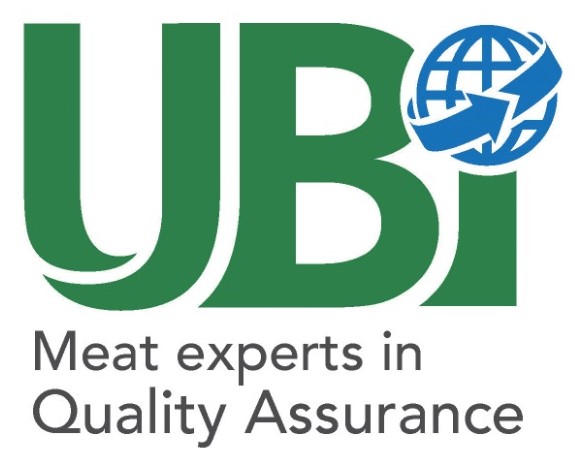When Will Beef And Chicken Return To The Local Supermarkets?
When Will Beef And Chicken Return To The Local Supermarkets?
 Supply is slowly returning to normal, but it’s not back yet. Still, it’s better than where it was in March and April. (Photo by Ben Hasty/MediaNews Group/Reading Eagle via Getty Images)
Supply is slowly returning to normal, but it’s not back yet. Still, it’s better than where it was in March and April. (Photo by Ben Hasty/MediaNews Group/Reading Eagle via Getty Images)You’ve noticed it. Beef prices up. Chicken prices up. A month ago, they were selling all sorts of make-shift packages of chicken by the bulk, if you could even find it. The coronavirus pandemic has taken a hammer to the U.S. food supply, if not the world’s.
When will beef and chicken be sold at a normal price, and in abundance, at the local grocer?
Consumer food staples in general were hit hard in the pandemic, not just in the U.S., but everywhere. They have since recovered to be only 8% lower year-to-date as measured by the MSCI Total Return index. The disruptions have caused many nations to experience food insecurity for the first time since the Great Depression.
Meat processors have been hit particularly hard by Covid-19 outbreaks at meat packing facilities in Germany and the U.S.
Worse, people were hoarding meat like it was toilet paper back in March and April, driving up prices at a time when people at the meat packing facilities were getting sick, and calling out from work.
Health related labor shortages, border closures and then employee distancing measures made it harder to get food out in time in China, Europe and the U.S.
Animal proteins remain the worst performing segment in agriculture and backlogs have yet to be cleared, UBS analysts led by Wayne Gordon in Singapore wrote in a recent client note.
“The pandemic has upended agricultural markets and exposed a value chain that was unprepared and unequipped to respond to such an upheaval,” he says. UBS expects more challenges to come, including labor shortages, to continue for the rest of the year.
The main reasons behind the lack of a broad recovery is supply related, it seems.
Government and industry forecasters predict global inventories will expand only in 2021. The economic downturn has weakened demand, prices are coming down, but the companies that process the meat aren’t paying more for it. Some are crying foul, and worried about price gouging. Once the shortage wears off, and demand picks up, things should return to normal, but we are not there yet, UBS analysts say.
Maximo Torero, chief economist of the UN’s Food and Agriculture Organization recently said that the main problem wasn’t finding food on the ranch or the farm, per se; it was finding it in a supermarket. Deliveries were disrupted for at least two months.
The food supply has been an integral part of the global coronavirus storyline.
 Customers at a Walmart grocer on July 15, 2020 in Washington, DC. UBS thinks the food supply returns to normal next year. (Photo by Sha Hanting/China News Service via Getty Images) CHINA NEWS SERVICE VIA GETTY IMAGES
Customers at a Walmart grocer on July 15, 2020 in Washington, DC. UBS thinks the food supply returns to normal next year. (Photo by Sha Hanting/China News Service via Getty Images) CHINA NEWS SERVICE VIA GETTY IMAGESVegan advocates were quick to point out the connection between the virus and the food system, and particularly the risks that animals present to food safety. While the new SARS did not come from livestock, it did supposedly come from animals, including exotic ones like bats that people in China actually eat, if only rarely. No one officially knows the true origin of the virus. But it seems certain that the source of it was an animal, likely a bat.
The pandemic has forced professional agribusiness to rethink supply and phytosanitary measures.
“We see this disruption as a wake-up call for the industry and governments,” says Gordon. “Industry should begin a process of making supply chains fit for purpose, while governments ought to reprioritize food as a national security issue,” he says.
